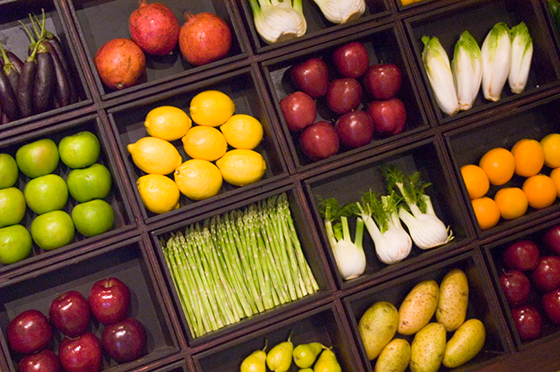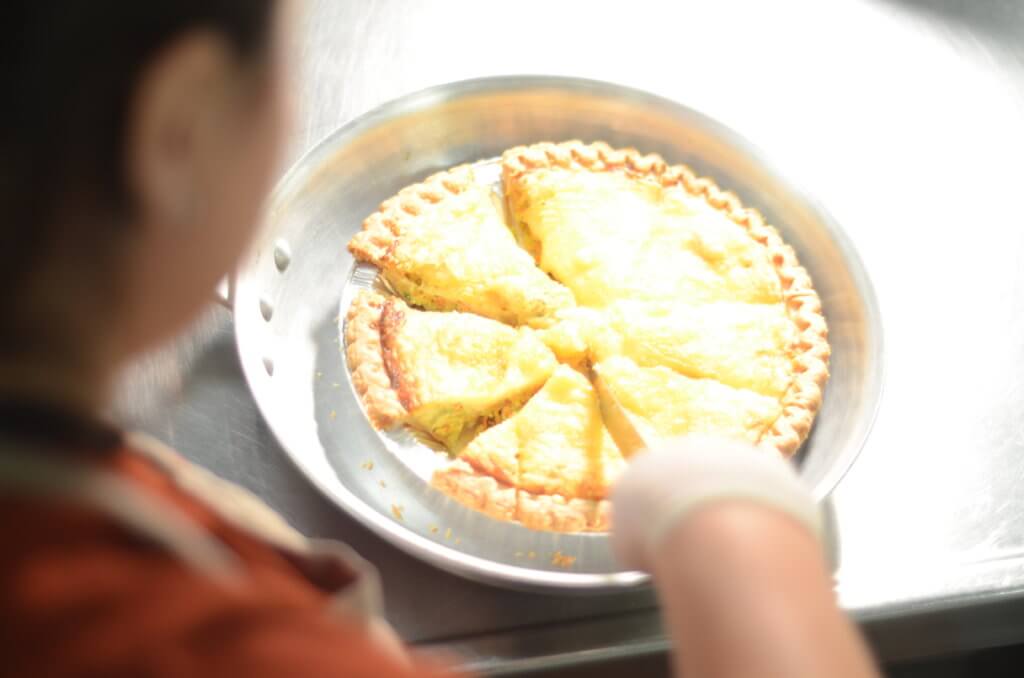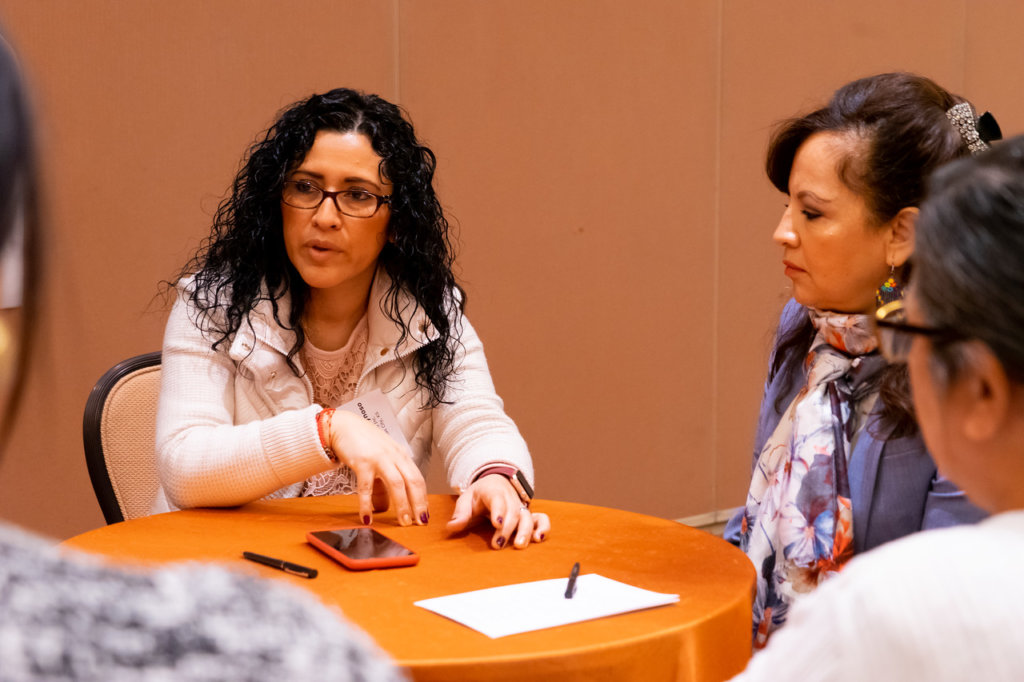Home-Cooked Meals Are Good for Your Health and Your Family
By Elizabeth Carrillo, Project Coordinator, Institute for Hispanic Health, NCLR
Like many families, my family values the time we spend together. For us, that usually involves food—specifically, making and sharing meals.
With summer around the corner, one of the things we look forward to most is enjoying the fresh fish that my uncles catch. All five of my uncles are avid weekend fishermen, and it’s a family tradition to serve the fresh grouper, sea bass, and flounder they catch during a big Sunday dinner at my grandmother’s house.
Keep up with the latest from UnidosUS
Sign up for the weekly UnidosUS Action Network newsletter delivered every Thursday.
There is nothing like ceviche to bring the siblings, children, and grandchildren together. In just a short time, my mother debones the fish, while relatives chop up herbs and vegetables. The aroma of squeezed lime, cucumbers, avocadoes, and onions fills the house, while laughter and conversation are our soundtrack. A few hours later, the whole family enjoys delicious, fresh, healthy ceviche.
My mother and her eight siblings grew up in a small town surrounding Lake Chapala in Jalisco, Mexico. While they were very poor, they also grew up eating fairly healthily. Since red meat was expensive, my grandfather would often go fishing, making seafood their main source of protein. Staples such as whole beans, corn tortillas, and seasonal fruits and vegetables rounded out the menu.
Eating home-cooked meals today is an option for many, but for my mother’s family it was simply their way of life. Fast-forward to their grandchildren in the U.S. and you see a different picture. It reflects lifestyle changes over the past generation and includes some processed and less healthy foods.
There is no escaping the fact that life has changed. Everyone’s schedule is hectic today, and it is tempting to resort to convenience foods that have poorer nutritional value. However, these days there is a cultural shift to return to knowing where our food comes from and what goes into it. One way to experience this is to cook meals ourselves.
As we wrap up Minority Health Month and reflect on the health and nutrition needs of Latinos, it is important to remember that home cooking is key to improving our health and preventing conditions that disproportionately affect us, such as diabetes and obesity. Cooking at home gives us more control over ingredients, allowing us to use more natural foods, like fruit and vegetables, and less salt and sugar. It also allows us to exercise portion control, which helps us maintain a healthy weight and reduces our urge to overeat at restaurants.
If you’re reading this and thinking that you don’t have time to cook more meals at home, think again. In the time it takes you to drive to a restaurant, place an order, wait for it, and drive home, you could have made a simple, healthy meal from scratch with time to spare for your family. Preparing half of the week’s meals on a Sunday and the other half mid-week is another way to save time.
Home-cooked meals and time-saving techniques make it possible for us to enjoy more of the one thing that is beyond measurement: the special time together that comes with preparing and sharing a meal as a family. Simply put, the benefits of home-cooked meals are many.
Ready to get cooking? Check out this quick and easy recipe for a healthy meal to end your busy day!
(Click to enlarge)
This blog post and these infographics are part of Comprando rico y sano, an NCLR program supported by the Walmart Foundation and General Mills, Inc.



